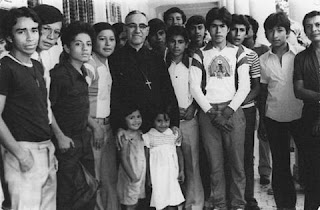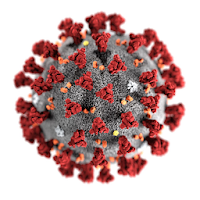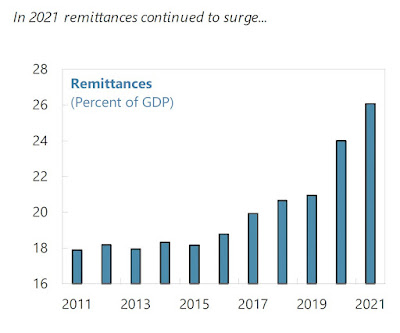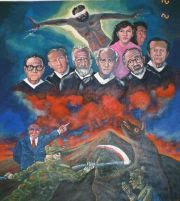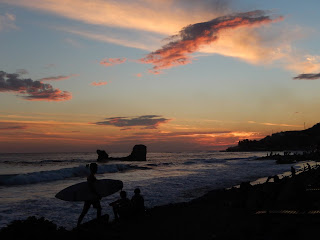Tidal wave of murders leads to suspension of constitutional rights

Saturday, March 26, was one of the bloodiest days in recent memory in El Salvador. 62 homicides were reported just that day, a total never before seen for a single day in this violent country of 6.3 million people. This came on top of 14 murders the day before. There were murders committed in 12 of El Salvador's 14 departments. In contrast, during the entire month of February, there were only 79 murders. Since 2020, El Salvador had been averaging fewer than 4 homicides per day. There was one message from the weekend's violence: El Salvador's street gangs maintain the capacity and the numbers to wreak havoc across the country when it suits them. The relative calm of the past few years meant that the gangs had decided that homicides were not in their interest, whether that decision was the result of negotiating with the government or otherwise, and the relative calm was not the result of Nayib Bukele's militarized "Territorial Control Plan...
